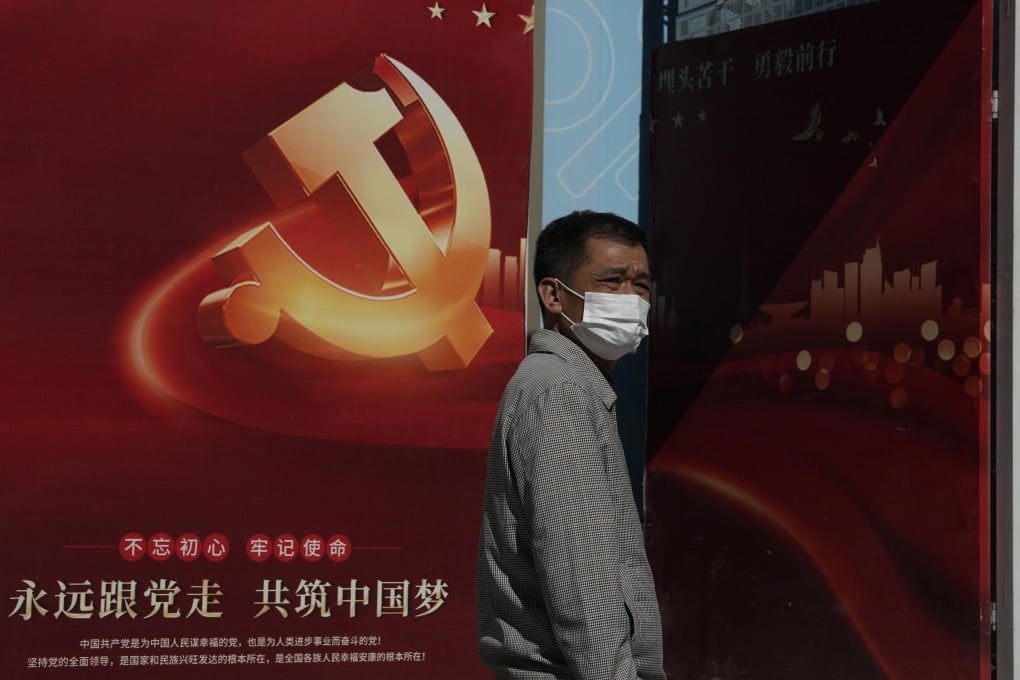Opinion | In ‘tianxia datong’, China has a Chinese dream that befits the times
- The world has little use of aggressive nationalist dreams nor materialist aspirations like the American dream of upward mobility
- China has held tianxia datong as the highest ideal since ancient times, and it’s time for the original Chinese dream to return home

For instance, the broad Pacific Ocean is vast enough to embrace both China and the United States, but it is not big enough to accommodate both the Chinese dream and the campaign of “Make America Great Again”. When two of the world’s most powerful countries become nationalist simultaneously, a Thucydides trap will be inevitable.
If other powers also adopt nationalist dreams, the world will never be at peace. Meanwhile, although the American dream of upward mobility is attainable for everyone through their actions appears applicable to all countries and does not create a contradiction between them, it is materialistic and consumerist.
The reality shows that the pursuit of upward mobility can lead to spiritual emptiness and overconsumption, leaving society indifferent to pressing social issues such as mental health problems, the widening wealth gap, mounting debt, climate change and biodiversity loss. The American dream is neither eternal nor universal.
Accordingly, China needs a new dream that goes beyond those two. It can draw inspiration from its ancient philosophy. A hundred schools of thought competed during the pre-Qin period, and among those Confucianism had the greatest impact on future generations.
